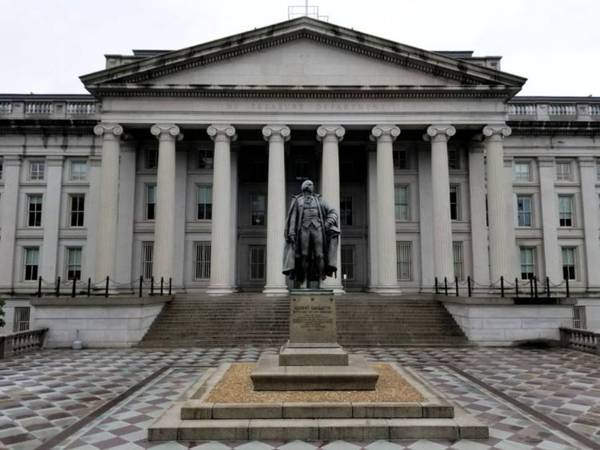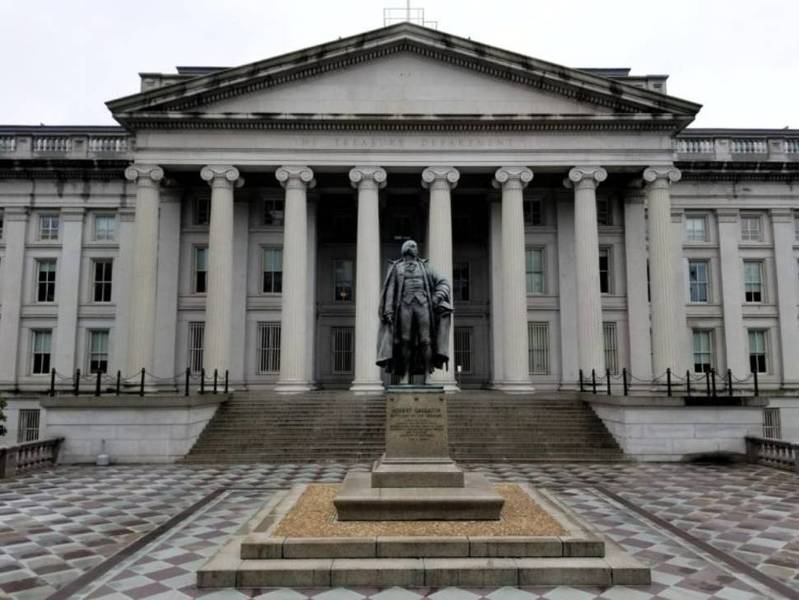The United States on Wednesday imposed new sanctions on three procurement networks that are supporting Iran’s ballistic missile, nuclear and defense programs, the Treasury Department said in a statement.
It said the networks — based in Iran, Turkey, Oman and Germany – had procured carbon fiber, epoxy resins and other missile-applicable goods.
“Through complex covert procurement networks, Iran seeks to supply rogue actors around the world with weapons systems that fuel conflict and risk countless civilian lives,” said Brian Nelson, undersecretary of the Treasury for terrorism and financial intelligence. “The United States will continue to use our tools to disrupt these networks and hold accountable those countries that would help proliferate Iran’s drones and missiles.”
Germany-based dual Iranian-German national Maziar Karimi has procured epoxy resin and other items for Iran’s IRGC ASF SSJO using a complex web of intermediaries and front companies, the Treasury said. Karimi has used Oman-based Mazaya Alardh Aldhabia LLC (MAA) as a front company to facilitate procurements for Iranian defense end-users, including the IRGC ASF SSJO and Iran’s Ministry of Defense and Armed Forces Logistics (MODAFL).
Turkey-based company Gokler Dis Ticaret Limited Sirketi has facilitated procurements of carbon fiber and solvents used in the production of carbon fiber for Iran’s MODAFL and its subsidiaries. Additionally, Rostam Shahmari Ghojeh Biklo, Pishro Mobtaker Peyvand (PMP), and Mitra Inanlu were involved in the procurement of proliferation-sensitive material for proscribed elements of Iran’s nuclear and other military weapons programs through various cover companies, including `Alborz Organic Materials Engineering Company.
Last month, the Treasury announced punitive measures targeting Iran’s ballistic missile and drone procurement programs as Washington looked to increase pressure on Tehran, whose proxies in Iraq, Lebanon, Syria, Yemen and the Gaza Strip have attacked US and Israeli targets.
(With reporting by Reuters)

